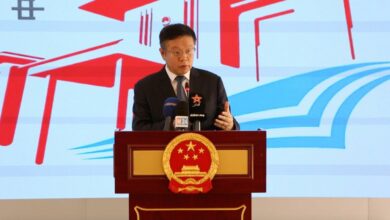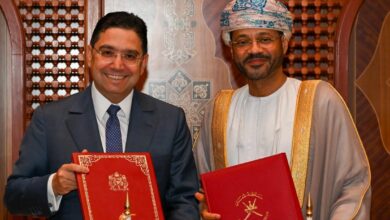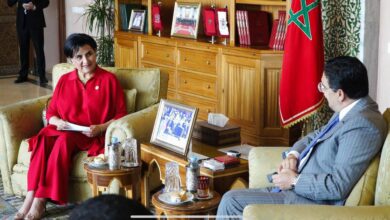Chinese Embassy in Rabat Celebrates the 30th Anniversary of the Beijing Declaration on Women’s Rights with a Unique Cultural Event
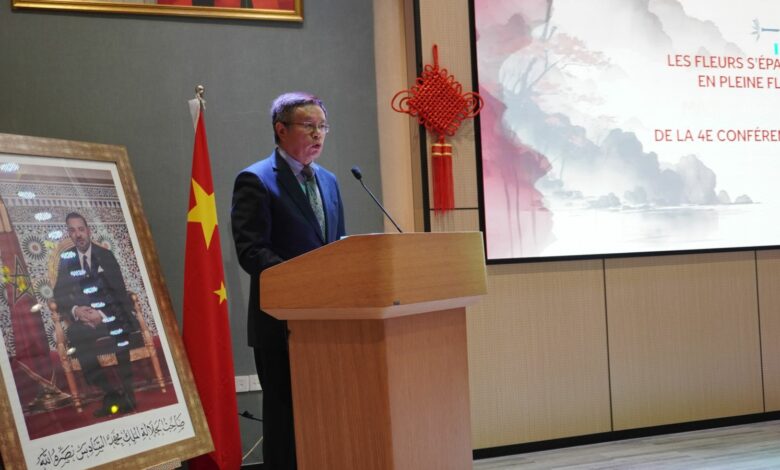
ALDAR/
In an atmosphere of appreciation and cultural diversity, the Chinese Embassy in Morocco organized a special celebration on Thursday to mark the 30th anniversary of the Beijing Declaration on the Promotion of Women’s Rights, adopted during the Fourth World Conference on Women in 1995.
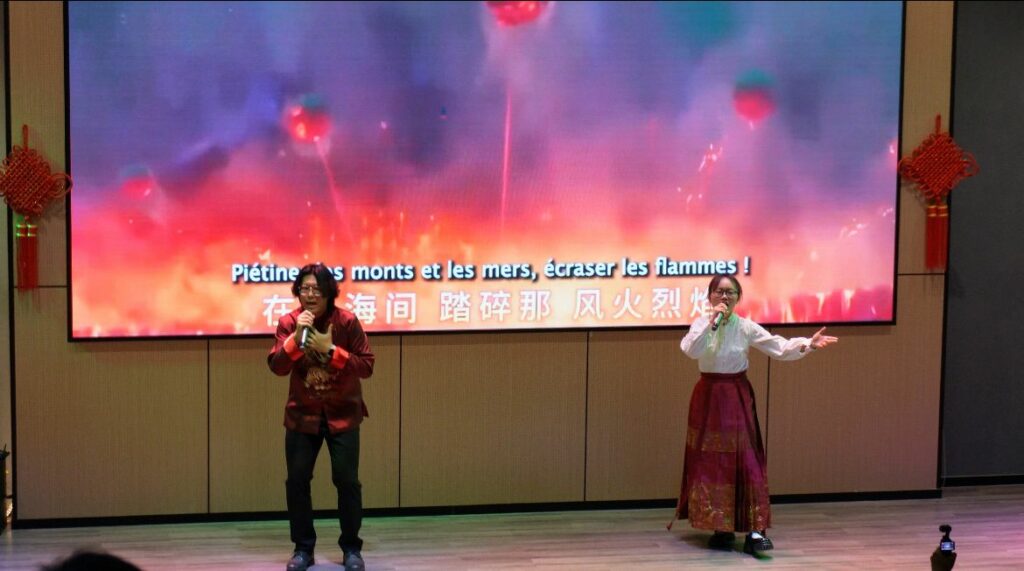
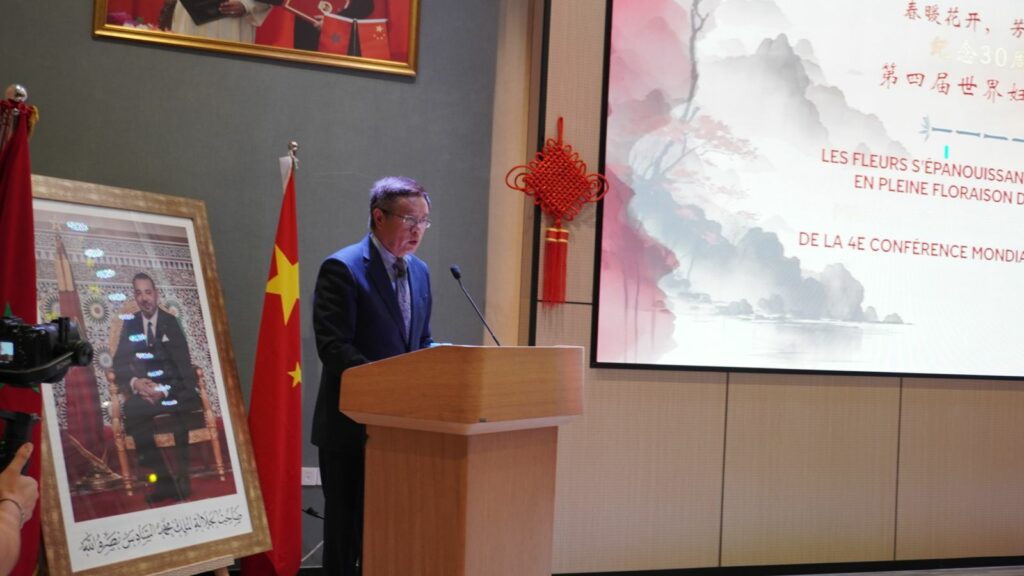
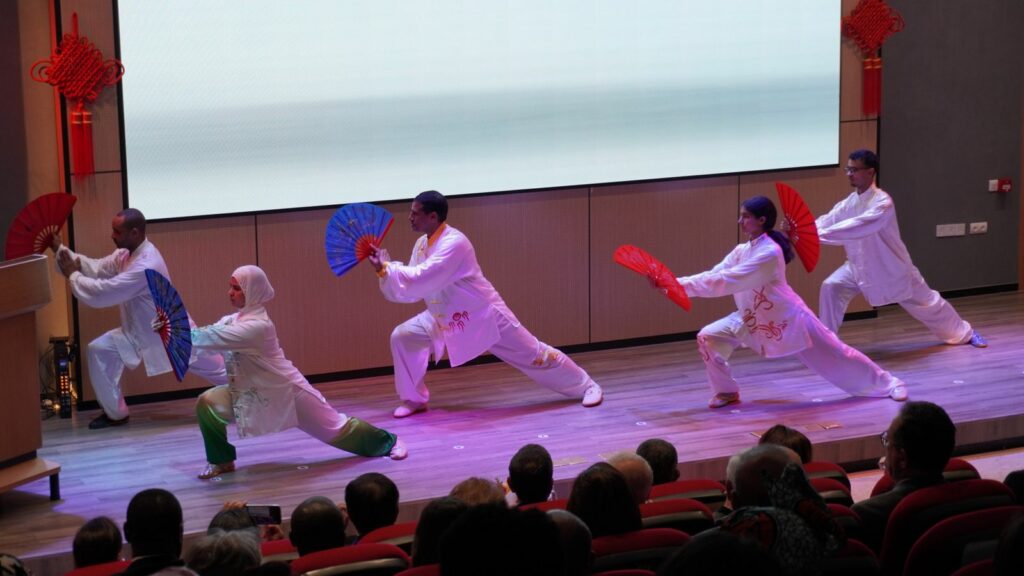
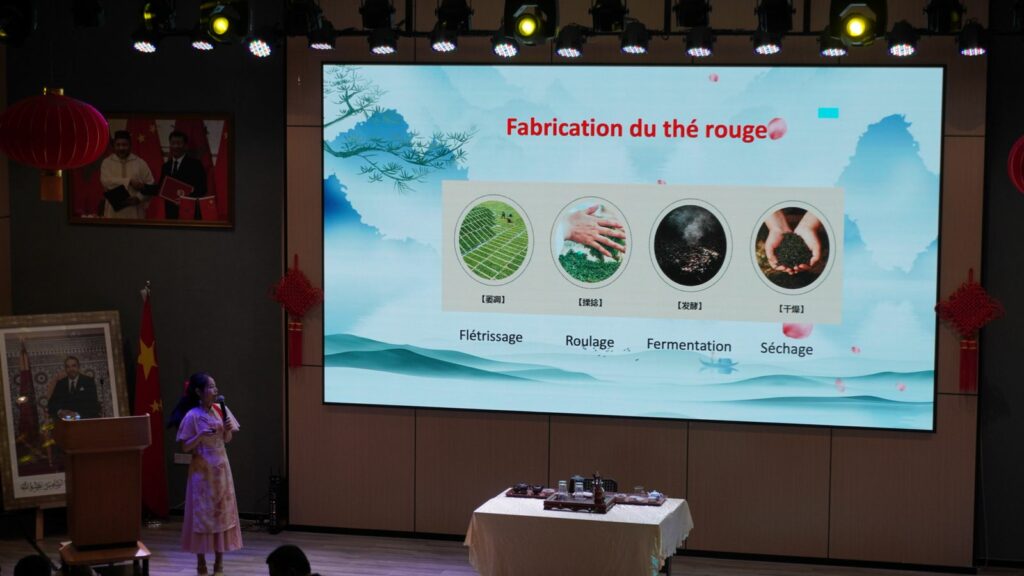
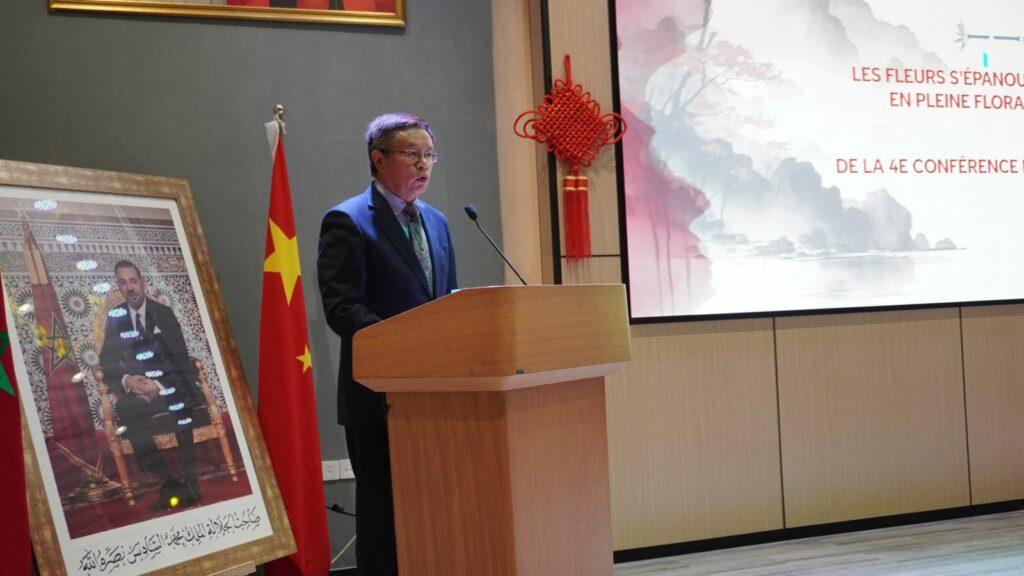
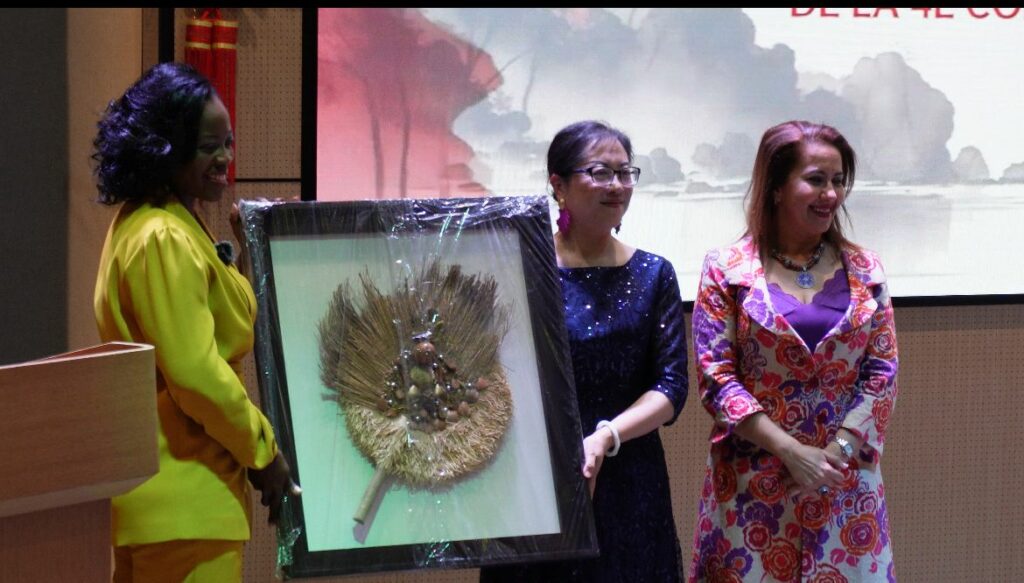
The event took place at the Confucius Institute for Chinese Language at Mohammed V University in Rabat and featured a rich program of cultural and artistic performances that highlighted the depth and richness of Chinese heritage. Guests enjoyed musical and vocal performances, traditional Chinese dances, displays of classical instruments, as well as interactive workshops on Chinese calligraphy, painting, and traditional medicine. A special segment was also dedicated to Chinese tea and cuisine, offering visitors a unique and immersive cultural experience.
In his speech, Chinese Ambassador to Morocco, Li Changlin, expressed his happiness in taking part in this symbolic event commemorating the “Beijing +30” anniversary. He emphasized that the declaration and its action plan represented a turning point in the global fight for women’s rights.
The ambassador noted that the declaration laid out a clear roadmap for achieving gender equality and empowering women. He added that the organization of this event was part of China’s preparations for the upcoming World Conference on Women and reflected the country’s renewed commitment to women’s issues and raising public awareness around them.
During his speech, Ambassador Li also praised the Moroccan spirit, saying: “In a world filled with institutions, I wondered what message Morocco could send to the rest of the world — and I found none greater than the message of openness, diversity, and generosity.”
In conclusion, the ambassador reaffirmed the Chinese Embassy’s dedication to working in harmony and close collaboration with all Moroccan institutions to highlight the role of women and to foster cultural exchange and collective advocacy for women’s causes.


